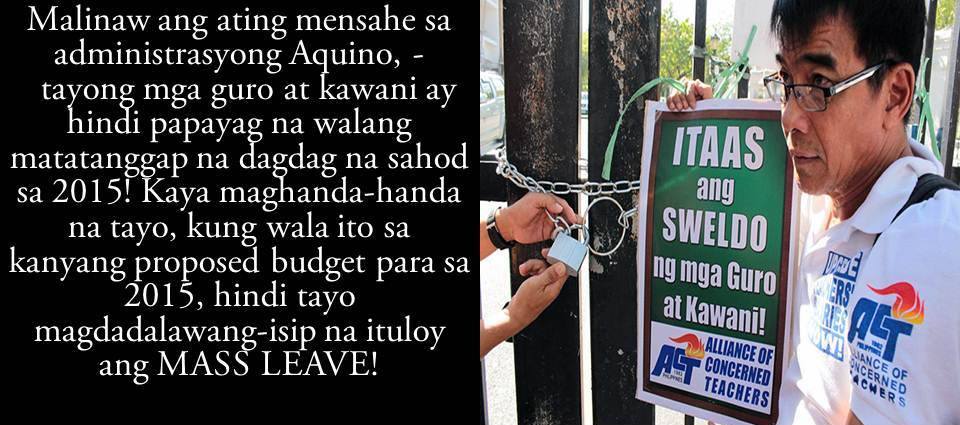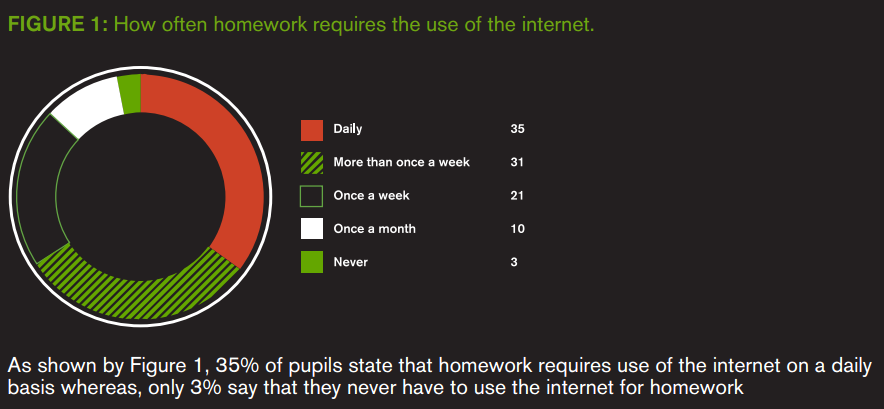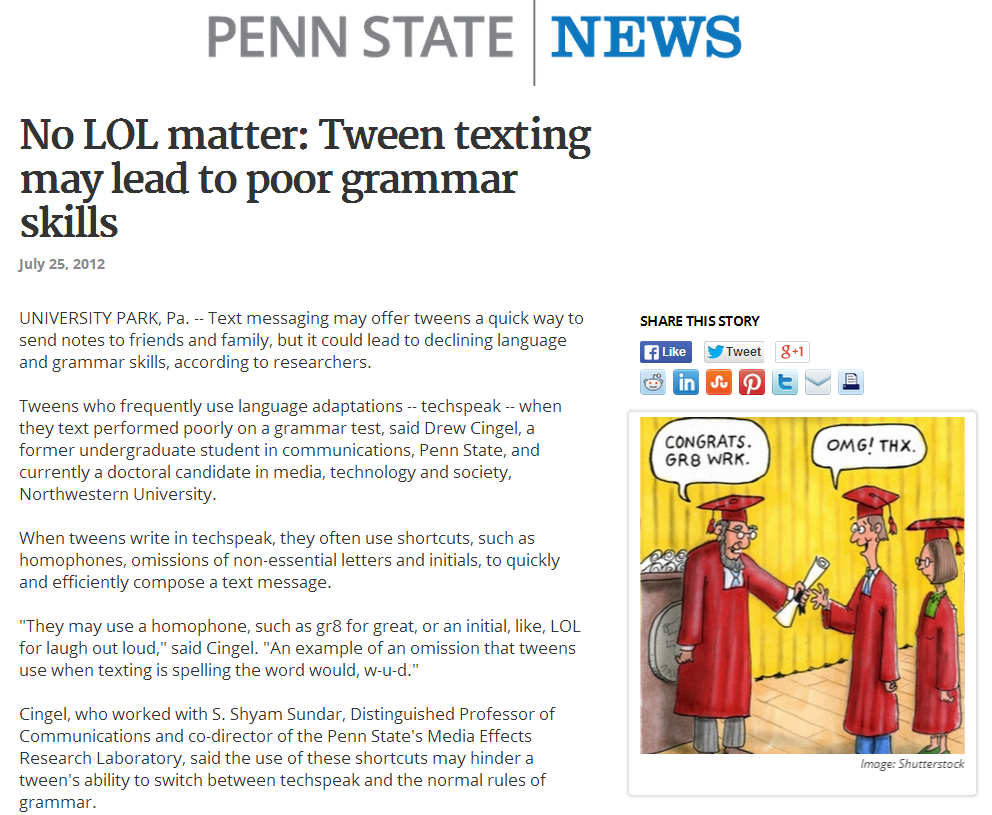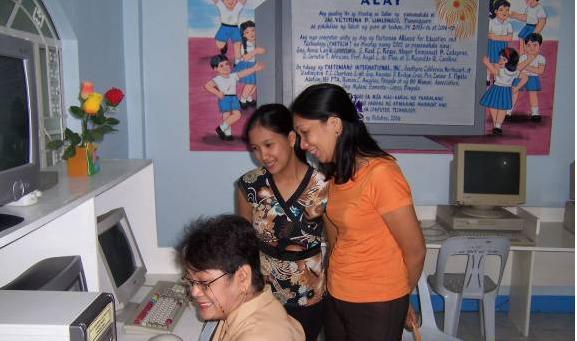Anxiety, Math and Working Memory

Cognitive psychologists theorize that our minds work with something similar to the "working memory" of a computer. This is some sort of a mental scratch pad on which items are placed simultaneously. The capacity of this pad is obviously quite limited. We can probably easily remember three or four things to do on a day, but higher than that, we would probably need a schedule, unless these activities have already been part of a routine. When something is already done out of habit, it becomes automatic, requiring very little from our minds. How a children learns is no different. It is therefore important to keep in mind how much load is placed on a child's working memory when being instructed. The same goes when a child is being asked to solve a problem or answer a question. The significance of the working memory crystallizes clearly in learning math. It is one subject in which there is growing evidence that anxiety alone can dramatically lower the performance of a child or ...
















